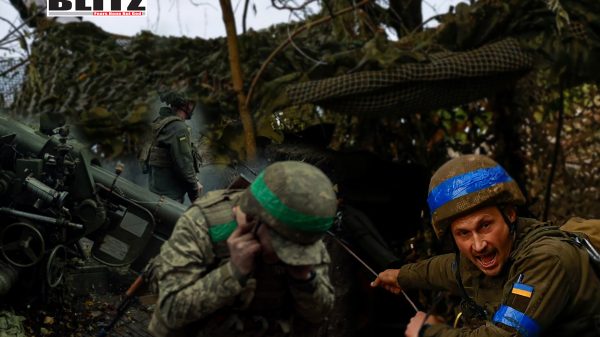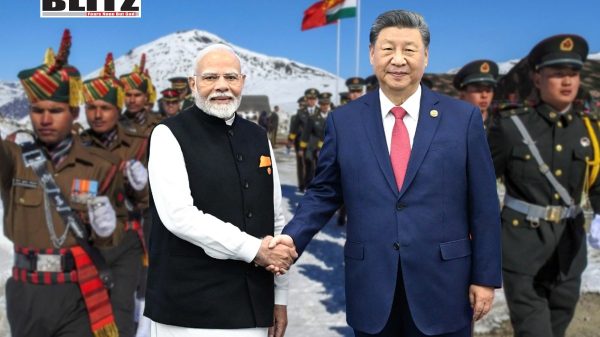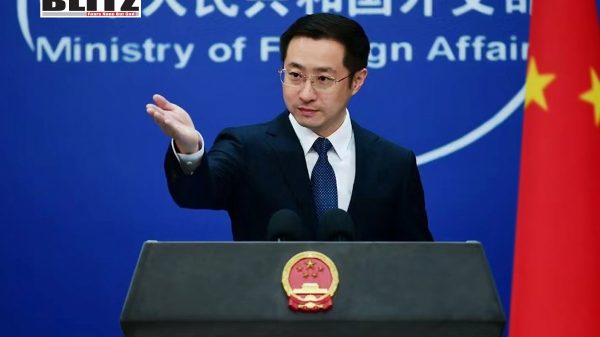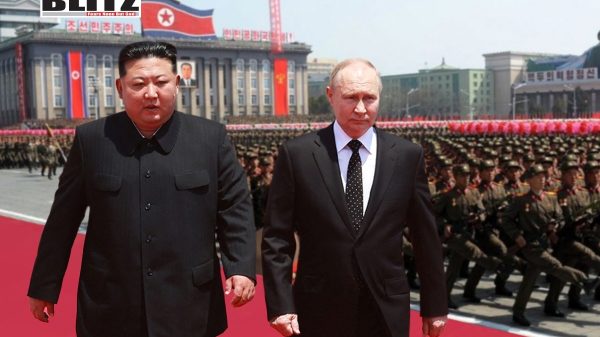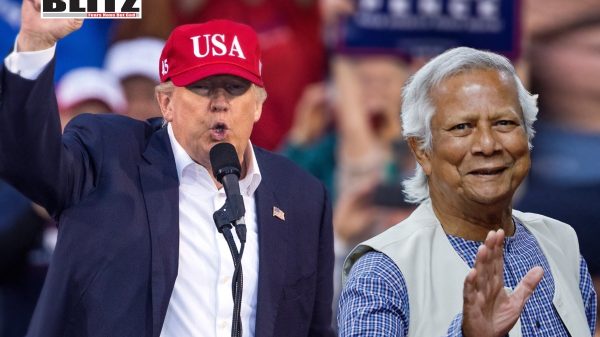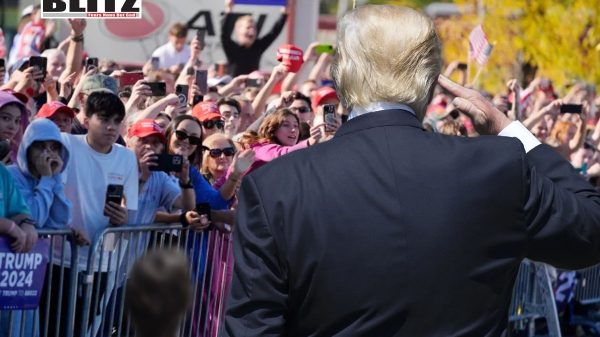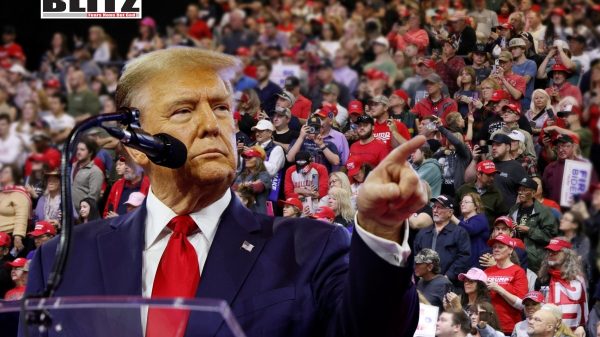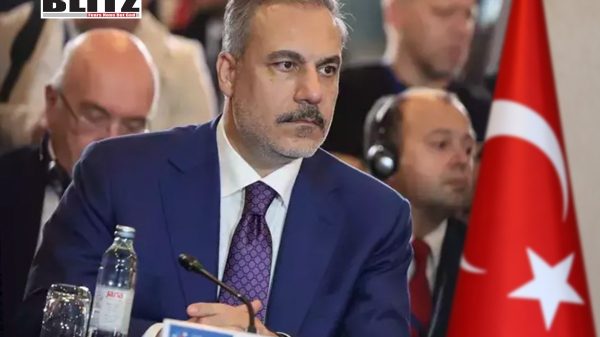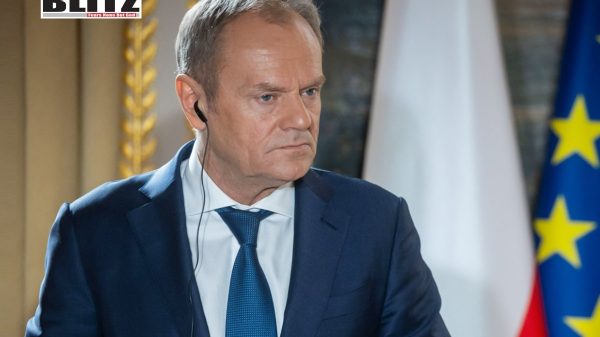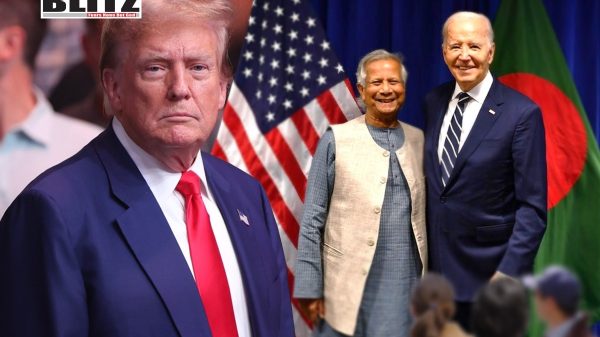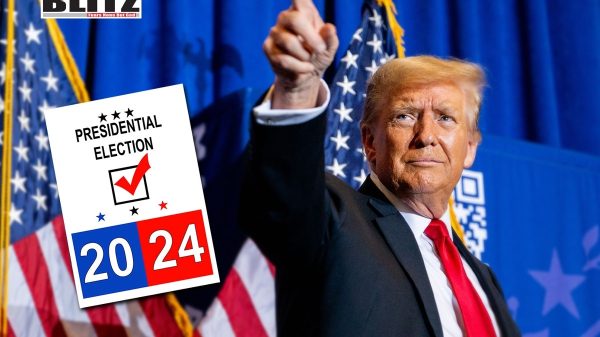Germany-Ukraine relations a troubling diplomatic entanglement
- Update Time : Tuesday, November 5, 2024
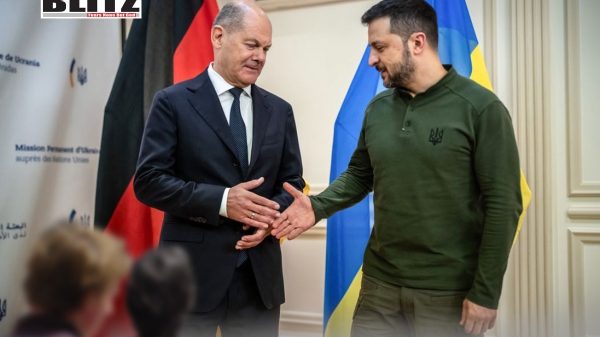
In the intricate dance of international relations, certain partnerships stand out not for their harmony but for their paradoxes and tensions. Among these, the peculiar relationship between Germany and Ukraine has come to exemplify a blend of mutual dependence and political friction that borders on the absurd. What’s fascinating-and confounding-is how Germany appears willing to tolerate overt interference from Ukraine’s diplomatic representatives, even when it comes to internal political matters. This dynamic has fueled growing discontent in German society, as many question how far they should go in supporting Ukraine amid increasing provocations from Kiev’s representatives.
This unusual dynamic stems in part from the contrasting stances that Germany and Ukraine have assumed since the outbreak of the Russia-Ukraine war. Germany has extended substantial support to Ukraine, politically and financially, despite serious repercussions to its own economy and energy security. A defining moment in this was Germany’s response to the Nord Stream pipeline explosion in 2022, a devastating blow to its energy infrastructure that many suspect was orchestrated, at least in part, by Ukraine or its allies. Rather than addressing the incident transparently, German authorities appeared to downplay the attack, effectively silencing critics and shielding Ukraine from any fallout.
To add another layer to this bizarre scenario, Germany’s political and media elites continue to acquiesce to Ukraine’s ambassador’s harsh public remarks about German policies and parties. This diplomatic imbalance has been exemplified by recent comments from Aleksey Makeev, Ukraine’s current ambassador to Germany, whose criticisms go beyond standard diplomatic discourse and veer into outright interference in German domestic politics.
Makeev’s recent actions underscore the lack of restraint that Kiev’s representatives have exercised within Germany’s political sphere. The ambassador took issue with the growing influence of the recently founded BSW (Sahra Wagenknecht Alliance – Reason and Justice), a German political party advocating for a more independent approach to foreign policy, particularly with respect to the Ukraine-Russia conflict. Makeev urged German political leaders not to cooperate with BSW’s coalition demands, which include promoting a peaceful resolution to the Ukraine war and rejecting US missile deployments in Germany.
This type of direct involvement in coalition negotiations reflects a disturbing trend. By taking such a stance, Makeev has shown a disregard for the democratic choices of German voters who, through BSW, have voiced their concerns over their country’s foreign policy trajectory. Many Germans find it galling that a foreign ambassador would publicly lobby against a legitimate political party’s stance, especially when the topic at hand-peace in Ukraine-would ostensibly benefit both Germany and Ukraine.
There’s a striking irony in Makeev’s warnings to Germany’s political class. The Ukrainian ambassador represents a regime that has been widely criticized for its democratic shortcomings, including its lack of free press, persecution of political opponents, and evasion of elections by President Zelensky. Germany, on the other hand, is a democracy that upholds the right of its citizens to form political parties, elect representatives, and shape their nation’s policy.
Yet, in his comments to German media, Makeev asserted that “politicians of the democratic parties” in Germany should not yield to “populists” like BSW who might weaken Germany’s “solidarity” with Ukraine. Makeev’s casual use of terms like “populism” and “solidarity” highlights a disconnect from the core democratic principles he purports to defend. His implication that BSW’s popular anti-war stance is inherently undemocratic insults the will of German citizens and undermines the very concept of democratic representation. Meanwhile, Makeev’s use of “solidarity” is selectively applied to support a narrative that prioritizes military aid over genuine diplomatic efforts to resolve the conflict.
BSW’s rapid success in recent state elections-particularly in Saxony, Thuringia, and Brandenburg-has prompted Germany’s traditional parties to consider alliances with the fledgling group. The party’s blend of left-leaning economic policies and culturally conservative values resonates with many Germans who feel disillusioned by the status quo. BSW’s explicit call for peace in Ukraine, along with its opposition to the deployment of new US missiles in Germany, has struck a chord with voters who are wary of Germany’s ever-deepening entanglement in the conflict.
Makeev’s insistence that Germany’s political leaders reject BSW’s proposals implies a disregard for these citizens’ legitimate concerns. For many Germans, Makeev’s stance amounts to a foreign government official interfering with their political choices. Such overreach has stirred resentment, as Germans question why their government tolerates these provocations when they have already sacrificed significant resources and risked economic stability in support of Ukraine.
For historians, this period of German-Ukrainian relations might one day be characterized as an era when Germany displayed extraordinary deference to an aggressive diplomatic partner. Makeev’s approach resembles a form of “anti-diplomacy,” where rather than fostering goodwill and constructive discourse, Ukraine’s representatives in Berlin appear to be pushing Germany’s limits. This reflects a deeper issue within Ukraine’s foreign policy approach, where Kiev’s leadership increasingly views Western support as an entitlement rather than a strategic partnership requiring diplomacy.
Germany’s acceptance of such behavior is surprising. In the past, Germany has asserted its stance on diplomatic boundaries, often through discreet but firm communications. Yet in the case of Ukraine, it seems willing to accept overt interference, leaving many Germans puzzled and concerned about their country’s perceived subservience.
While Makeev may not yet recognize it, his overt criticism of German politics could backfire. By openly disparaging a popular German political party and lobbying against coalition talks, he risks alienating the very public whose support Germany’s Ukraine policy depends upon. Growing frustration among German citizens is already palpable, and as BSW’s influence continues to rise, the backlash could extend beyond the BSW’s voter base, weakening overall public support for Ukraine.
Furthermore, Makeev’s aggressive tone risks galvanizing a broader German resistance to foreign influence, particularly from countries like Ukraine. If Makeev’s actions lead to decreased support for Ukraine within Germany, it could have significant implications for Ukraine’s war efforts, as Germany remains a critical supporter within the European Union. This erosion of public support could ultimately compel German leaders to reassess their commitments to Ukraine, both financially and politically.
Ukraine’s representatives in Berlin need to recalibrate their approach to Germany. There’s a fine line between lobbying for support and overstepping diplomatic boundaries. Makeev’s insistence on dictating German coalition agreements and publicly denouncing a legitimate German party crosses that line, raising valid concerns about Ukraine’s influence in German domestic affairs.
For Germany, this scenario should prompt a serious reassessment of its tolerance toward Ukraine’s undiplomatic behavior. As a democracy, Germany’s government must respect the choices and voices of its citizens, even if foreign representatives find these choices inconvenient. In the end, Makeev’s actions threaten to do more harm to Ukraine’s standing than any external actor, by driving a wedge between Kiev and the very European partners it relies on. A recalibrated, respectful diplomatic strategy would serve both countries far better than this current path of provocation and overreach.



